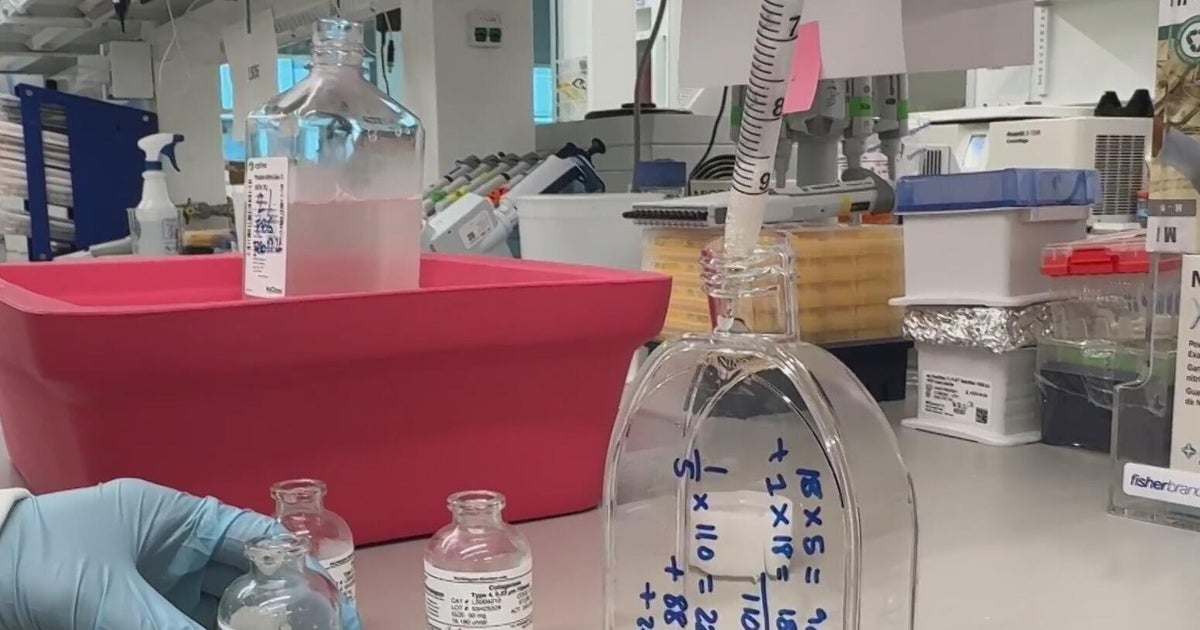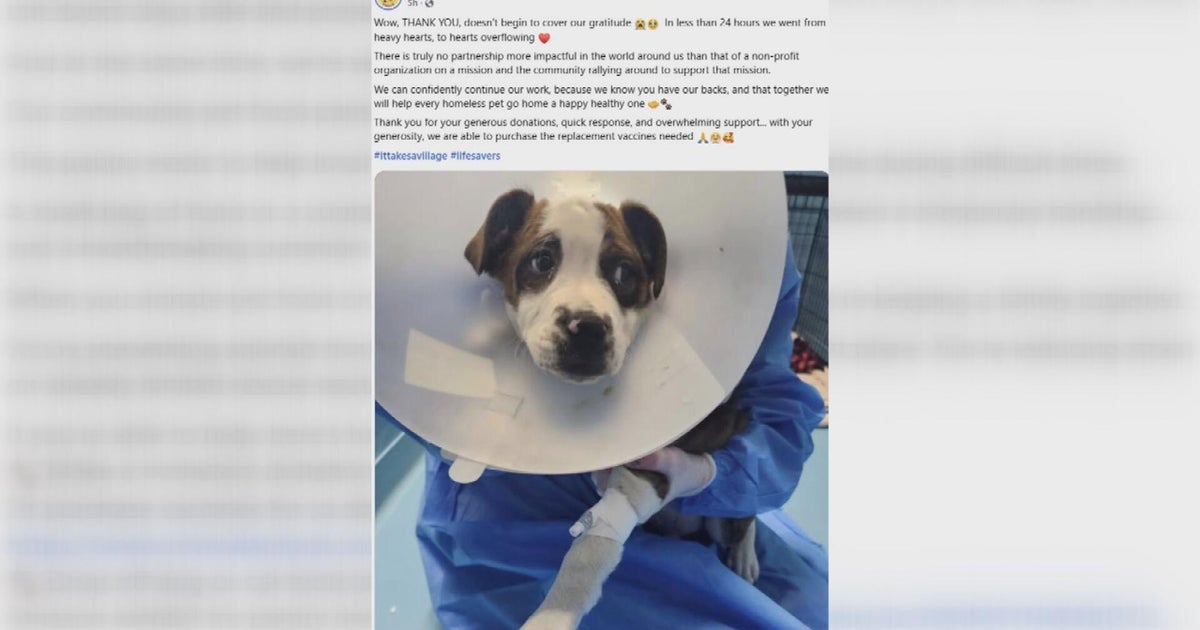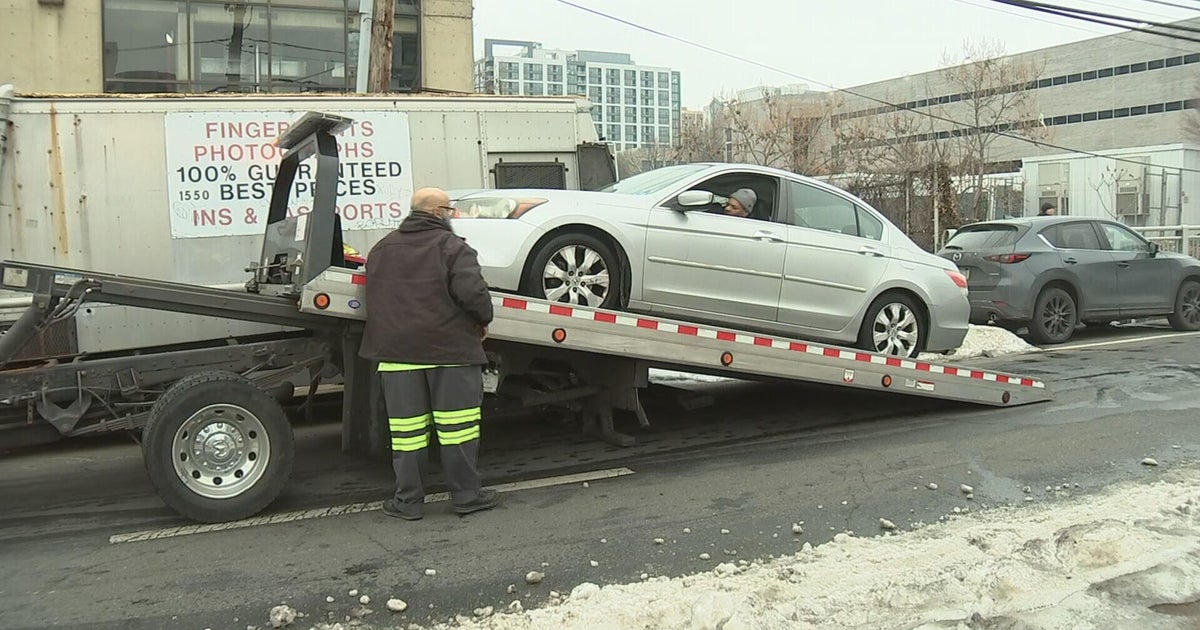COVID Vaccines That Require 2 Doses Create New Set Of Challenges
BOSTON (CBS) - While public health officials expect that there will be a number of different COVID-19 vaccines available in the coming months, many worry about the challenges of actually getting people fully vaccinated.
One big concern is that some vaccines will require two doses. The Moderna and Pfizer vaccines, for example, will require two doses given 3-to-4 weeks apart to provide maximum protection.
How do you keep track of who has received the first shot and who needs a second? Will doctor's offices be able to track down those patients who still need to return? What if someone goes to one pharmacy for the first shot but tries to go to another for the second? Or what if someone moves away between shots?
These are all logistical problems that experts are actively trying to trouble-shoot before vaccines become available.
Officials are also concerned that if someone feels sick after the first shot, they won't return for the second one.
Like with the flu vaccine, some people will develop mild side effects. Achiness, fatigue, perhaps low-grade fever.
These side effects usually last only a day or two but might make people uncomfortable enough not to return for the second. Or people may mistakenly believe that the vaccine has given them COVID-19, which isn't possible, but we know, just like with the flu vaccine, that doesn't stop people from believing it.
So it's going to take a massive public health campaign to educate Americans about the importance of the vaccine, its safety, possible side effects, and why some vaccines will require two shots rather than just one.







